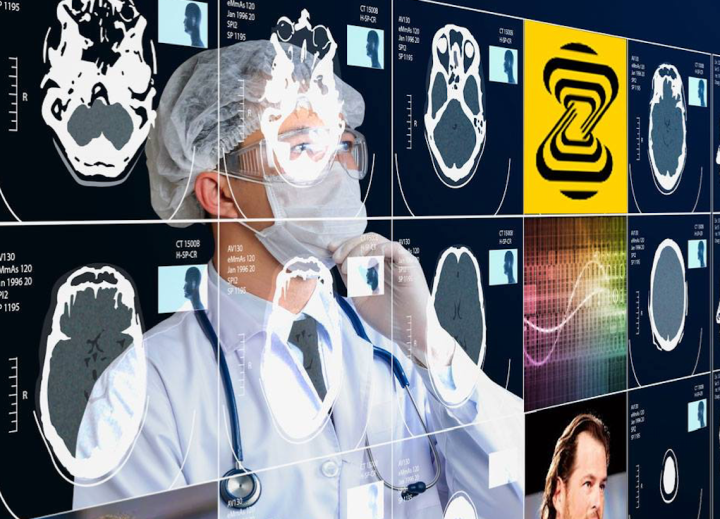
A key component of patient care, reading and diagnosing medical images is becoming more important than ever with an aging global population, and Zebra Medical Vision believes it can help. By teaching computers to help radiologists, Zebra says, its products can help health care providers “analyze millions of imaging records to understand the risk profile of their patients, detect and predict disease, and assist in building and managing preventative care programs.”
On Tuesday, the Israeli company announced a new collaboration with Intermountain Healthcare, one of the largest health care providers in the U.S., with hopes of accelerating the creation of Zebra’s imaging analytics engine and neural networks that will use the tech company’s imaging dataset to assist radiologists with automated diagnostic algorithms.
Zebra believes that its differentiating factor lies in its data collection techniques. Zebra has collected anonymous patient data from hospitals and clinics from around the world, and has applied it to create an open platform for imaging data algorithms. These algorithms, Zebra says, can then be applied to provide health and risk management insights to patients and save lives.
The hope, the company says, is to rely on the data processing strength of computers to prevent misdiagnoses and mistreatments for medical diseases. As the capacity for computers to analyze images grows ever more robust, Zebra hopes it can leverage this new technology to find diseases or symptoms that humans might miss.
“We are privileged that one of the top health care systems in the U.S. has placed such confidence in our team and our platform,” added Elad Benjamin, Zebra’s CEO, “In an environment where computing power and machine learning frameworks are becoming a commodity, the ability to quickly and efficiently curate large quantities of data from a world class integrated health care provider can make the difference between simplistic tools and insights that can truly add clinical value and positively impact patient care.”


